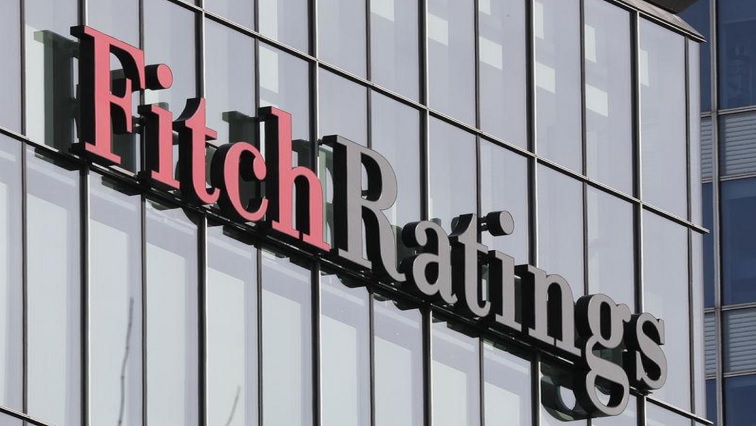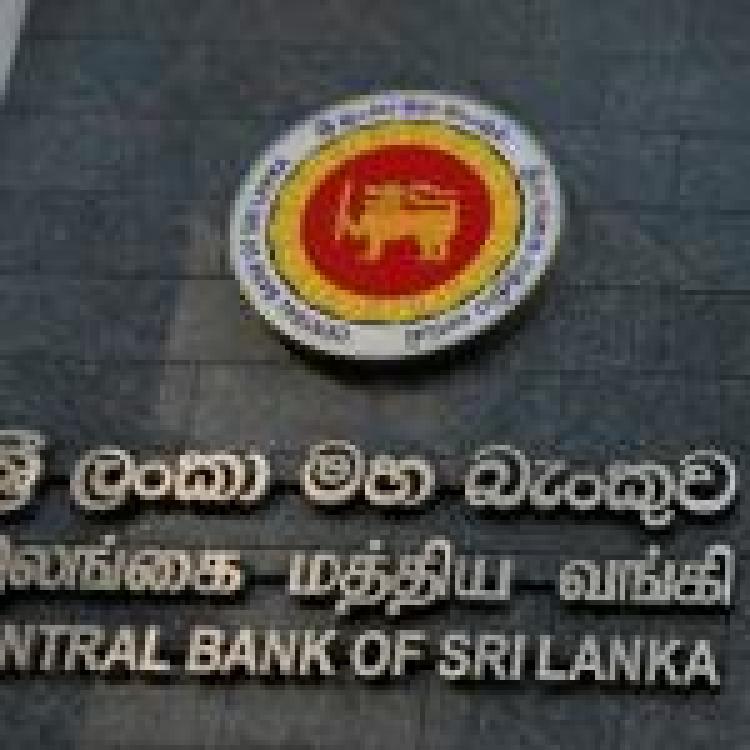Fitch Ratings have warned of continued risk despite Sri Lanka's domestic debt restructuring plan, as the agency doubts external creditors' approval.
Highlighting the risks, the agency pointed out that it is still unclear whether the government’s proposal has received the support of the country’s external creditors. “If not, the risk of further domestic debt restructuring could linger, resulting in further instability for the banking sector.”
The DDO plan approved by parliament last Saturday excludes banks’ holdings of Sri Lankan rupee-denominated treasury securities, which according to Fitch, will alleviate some of the pressure on their already stressed capital positions from weakening loan quality and the rupee’s depreciation.
The rating agency said its base case did not expect treasury bills held by banks to be subject to restructuring but assumed banks’ treasury bond holdings would be.
“Bank holdings of Sri Lanka Development Bonds (SLDBs), which are foreign-currency denominated but governed by local law, will be affected, as we had anticipated, and we still expect an impact on international sovereign bonds (ISBs) as well.
However, these together account for only about 5.5 percent of banks’ combined assets, a much smaller share than treasury securities (26.4 per cent for Fitch-rated domestic banks). The proposal also includes a restructuring of foreign-currency bank loans to the government (less than 1 percent of combined assets for Fitch-rated banks), though without detailed plans,” the rating agency said.
The government has outlined three treatment options for SLDBs. Fitch expects banks will generally opt for the choice involving conversion of such debt into local currency-denominated instruments.
Banks have so far opted to convert maturing SLDBs to rupee-denominated treasury bonds since the announcement of the suspension of foreign debt servicing in April 2022.
Fitch-rated banks’ national ratings remain on Rating Watch Negative (RWN) to reflect the potential for the banks’ creditworthiness relative to other entities on the Sri Lankan national ratings scale to deteriorate. This reflects heightened near-term downside risks to credit profiles from capital and funding stress.
Read more at Fitch Ratings




